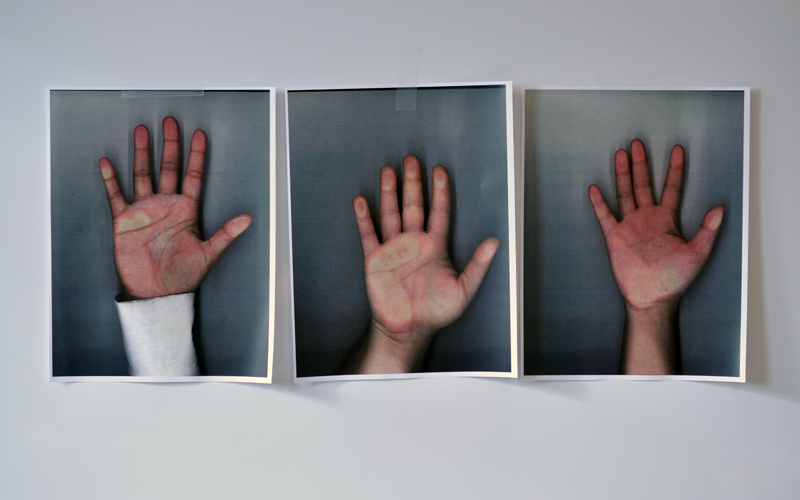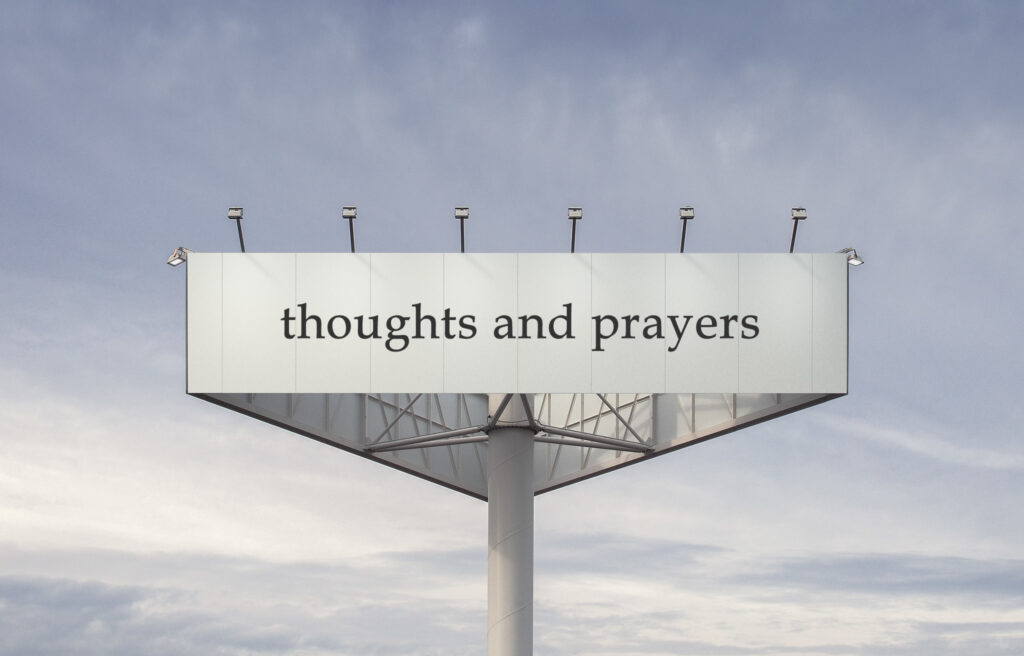Editor’s Note: Rabbi Greenstein emailed these remarks to Rabbi Julie, who read them at Toby’s funeral on Sunday, February 4.
This past Shabbat our Torah portion, Yitro, tells, among other things, of the advice that Yitro, Moses’ wise and big-hearted father-in-law, offers to Moses. He tells him to find special people who will be able to support Moses in guiding the community. Yitro says: “You should look out, from among the entire people, people of valor, who revere the Almighty, people of truth, who shun selling out.” (Ex. 18:21) Continue reading









